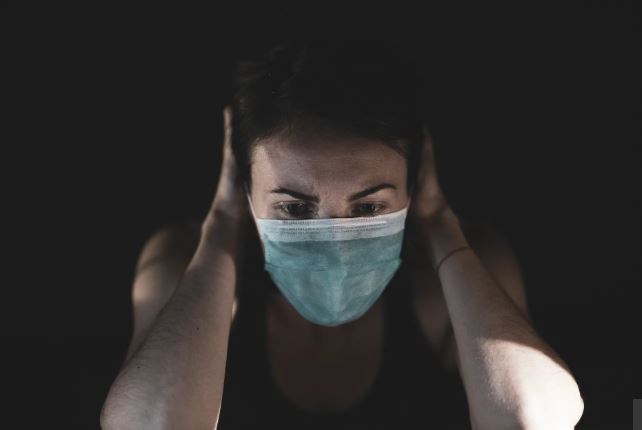The World Health Organization (WHO) said Tuesday that cases of reinfection with Covid-19 will be "very very few," after the announcement Monday of a first confirmed case in Hong Kong. It welcomes a major effort to identify the effects of the pandemic.
Until now, when a person was identified as re-infected, it was not clear whether it was due to a testing problem or actually a new infection, a WHO spokeswoman told reporters in Geneva on Tuesday. "This is one case out of more than 23 million and we (will) probably see more. But this does not seem to be a frequent situation," she added.
"Currently, the number of cases is very very low," she said. And it is not yet possible to establish how long immunity lasts after a first infection, the organization said.
On Monday, researchers in Hong Kong announced that they had identified the first confirmed case of reinfection. Two others were then mentioned in the Netherlands and Belgium by doctors.
The situation in Belgium
The Belgian patient’s infections occurred in March and June, virologist Marc Van Ranst told VTM NIEUWS on Monday.
“We have determined the genetic sequence of these two viruses in the laboratory,” Van Ranst said, “and we found that the same patient became ill again after three months – with another virus characterised by 11 mutations.”
Van Ranst, however, was quick to point out that this report could be an exception. “Let’s hope so, but it’s not good news. We can forget about the possibility of being immunised all our lives against these respiratory viruses,” he added.
The Netherlands case
Dutch virologist Marion Koopmans told NOS that the Netherlands, too, had a case of reinfection.
While Koopmans did not disclose the Dutch patient’s symptoms, she did say that it concerns an older patient with a weakened immune system.
According to Van Ranst, it is likely that news of more reinfections is imminent, saying that he suspected reports in the coming days.
"COVID-19 patients should not assume after they recover that they won't get infected again," said Dr. Kelvin Kai-Wang To, a microbiologist at the University of Hong Kong told DW.
"It shows that some people do not have lifelong immunity," To added.
Jules Johnston
The Brussels Times

